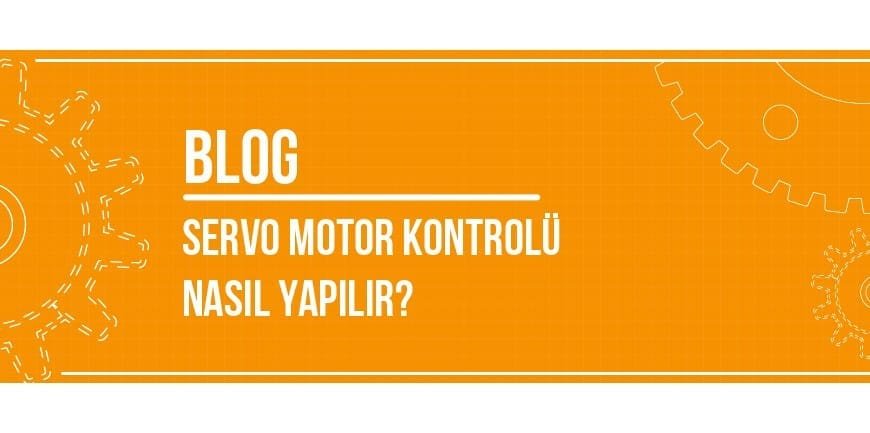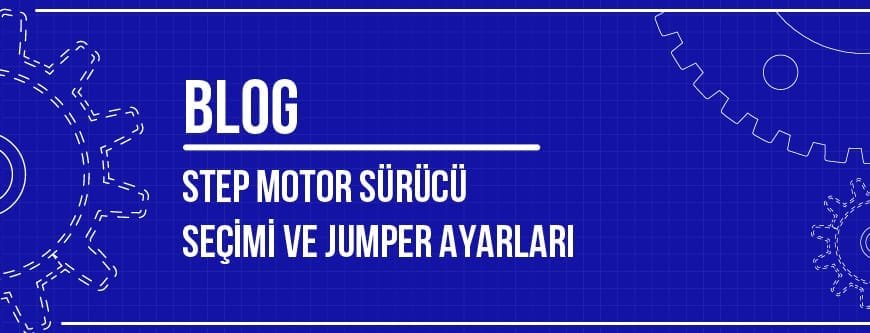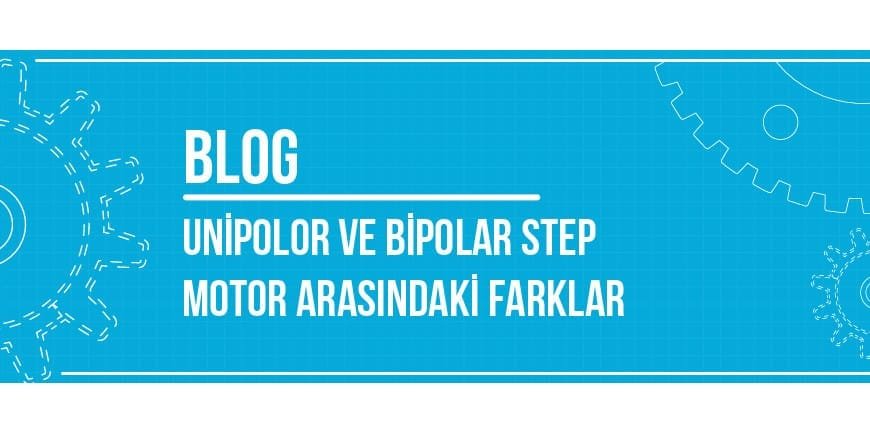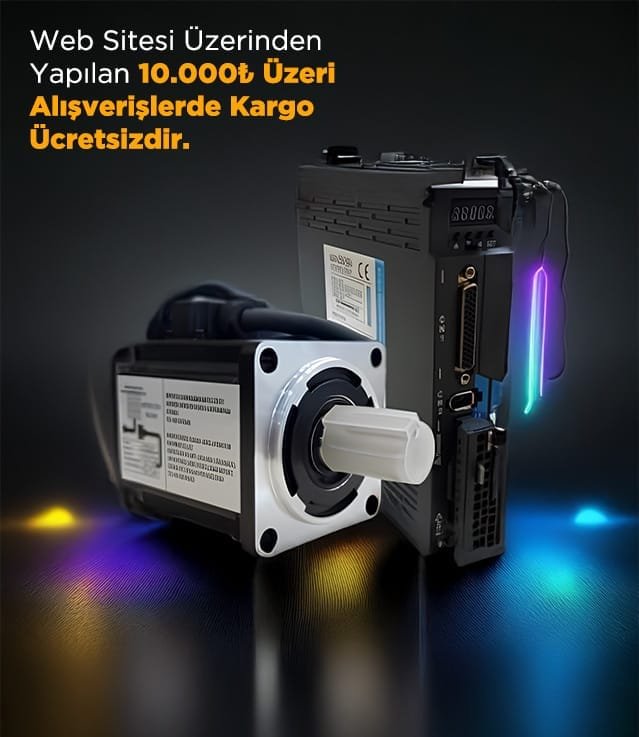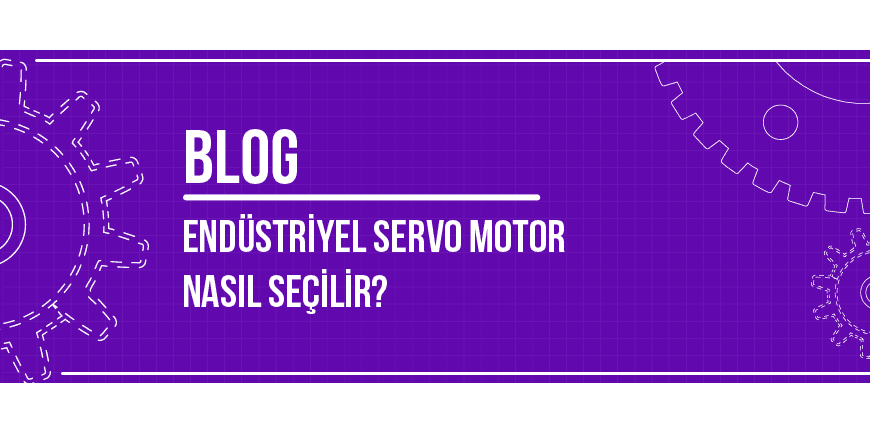
İçindekiler
How to Select an Industrial Servo Motor?
There are some points to consider when selecting an industrial servo motor. Understanding the points to consider when selecting an industrial servo motor will prevent you from encountering problems during application.
What Features Should Be Considered When Selecting an Industrial Servo Motor?
When selecting an industrial servo motor, the following characteristics are taken into consideration: Environmental conditions. Encoder resolution. Torque. Speed. Size.
Let’s examine these features one by one!
1. Environmental Conditions
Electronic components are affected by humidity, temperature, magnetic fields, and vibrations in the environment. The maximum performance of an industrial servo motor depends on the most suitable environmental conditions being met. The environment in which you will use the industrial servo motor must either be suitable for these conditions, or you must select a servo motor that is suitable for these conditions.
2. Encoder Resolution
Industrial servo motors with feedback systems use encoders to communicate with the system. The higher the resolution of the encoder, the more precise the system’s movements become. 3. Torque When a load is connected to an industrial servo motor, the motor’s rotational speed decreases proportionally. This angular shift in rotational speed is called torque. The system is affected in relation to torque. The torque speed must be calculated for a system with a known maximum load weight.
3. Dimension
Size is of critical importance for industrial servo motors. The torque-speed value can be determined based on this parameter. Installation, shipping, and labor costs should also be taken into consideration. As the motor gets bigger, so does the panel. We have come to the end of our blog post. We have shared with you the intricacies of purchasing industrial servo motors. You can make your decision by reviewing the industrial servo motor options.
Diğer Blog Yazılarımız



